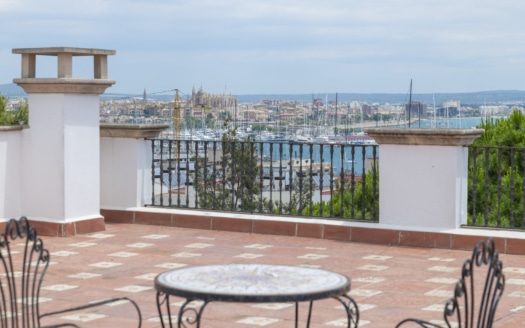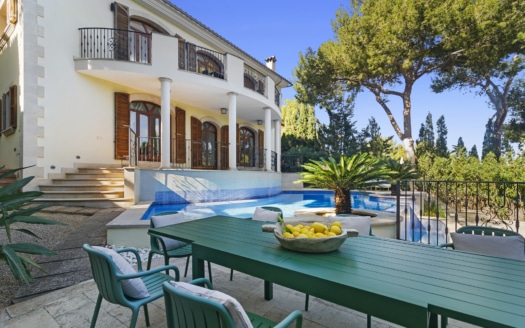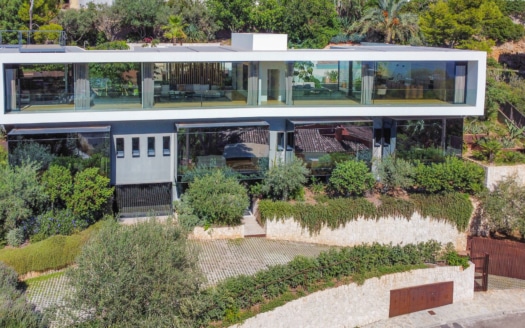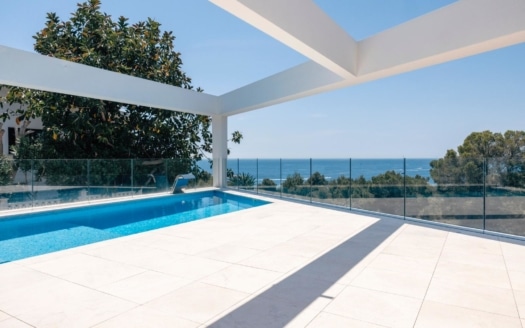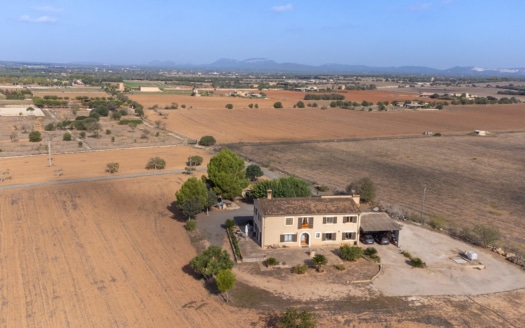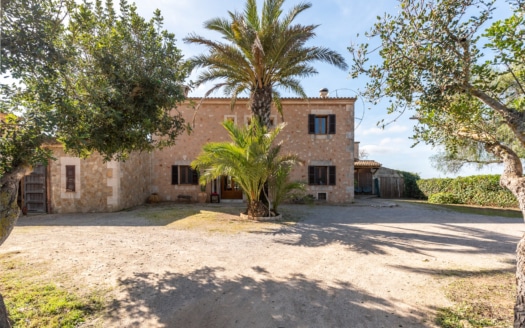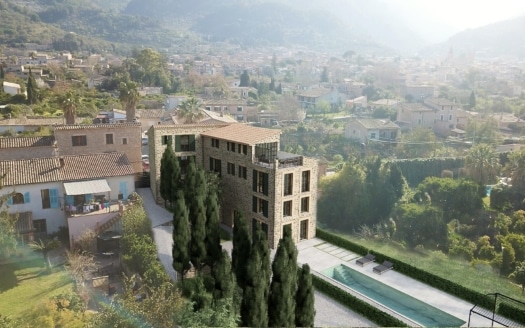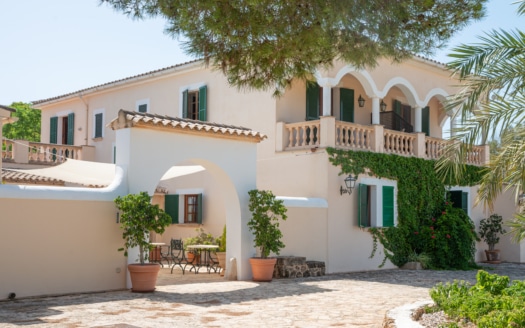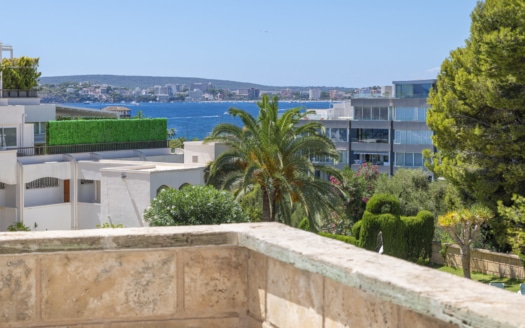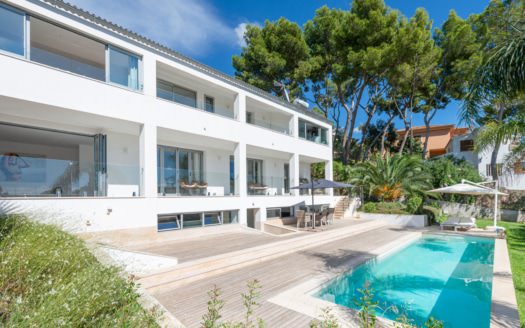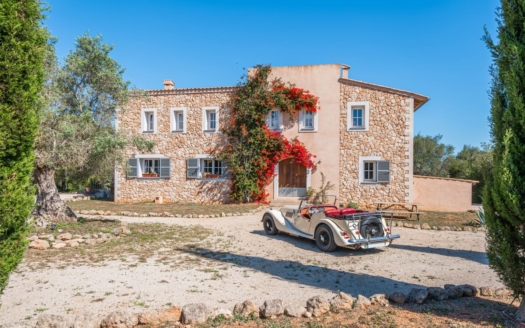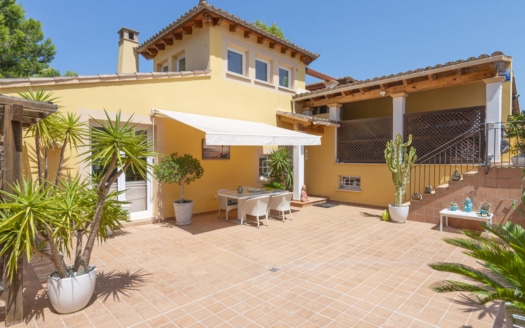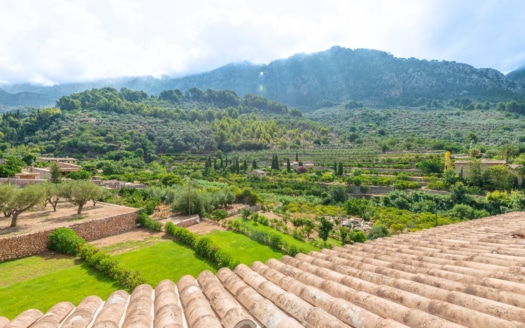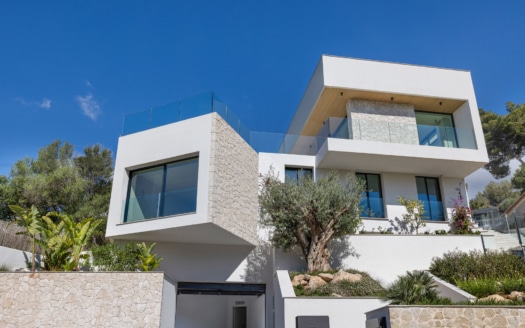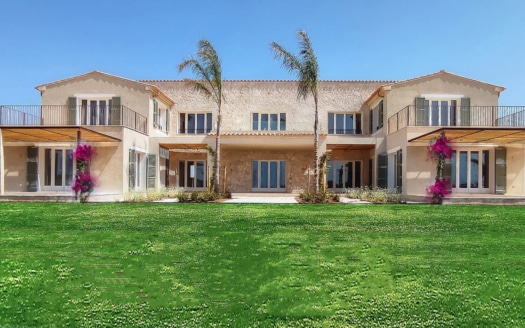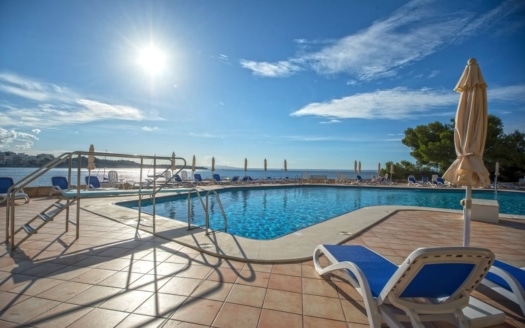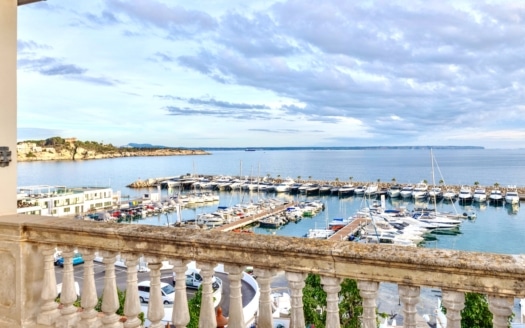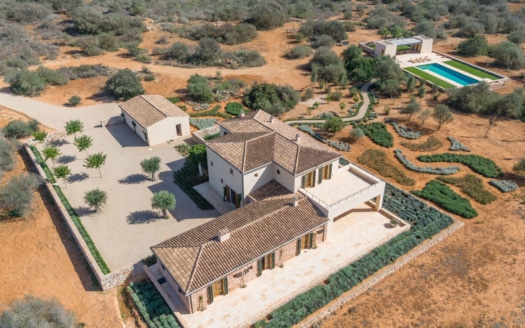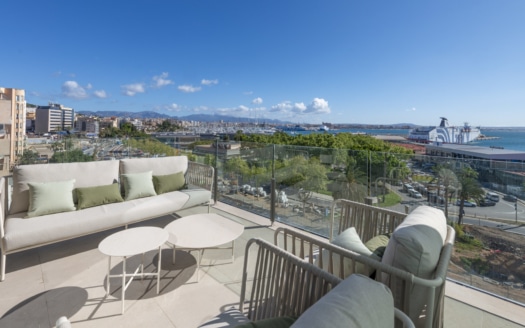FAQ - WHAT YOU ALWAYS WANTED TO KNOW
If you want to buy a property on Mallorca, it is an advantage to have a real estate agent at your side. The regulations for buying property in Mallorca are different to those in Germany, so the process can be time-consuming and tedious.
We as real estate agents in Mallorca can help you to go through this process faster and more efficiently. We can also help you find properties that are not publicly available on the internet so you have a much larger portfolio of luxury properties to choose from.
There are a variety of estate agents on the island and you may be tempted to approach all of them. However, we recommend that you don’t use more than 2 or 3 estate agents.
With us you can save even that, because we work with most of the estate agents on Mallorca. Among others, we have scouts who only try to find your dream property on Mallorca.
Even if you don’t find what you are looking for on our website, we can efficiently support you in your search.
Yes, we advise every client to hire a lawyer (abogado) for additional legal security. For drafting contracts, due diligence or other Spanish bureaucracy, a lawyer is very helpful. Spain offers a very high level of legal certainty in a property purchase, but without a lawyer unexpected costs can arise if the buyer has not followed certain processes or documents have not been checked.
The cost of a lawyer varies depending on the services you use. Most lawyers charge 1% of the purchase price.
Yes, you can get mortgages in Spain, they are very popular as the interest rates are very low and they can also have tax advantages. You have the possibility to get up to 70% of the appraised value financed. We work with a company that specialises in handling mortgages and other financial products in Spain. You can get the best banking conditions through the service provider.
An NIE (Número de Identidad de Extranjero) number is a Spanish alien identity number. All foreigners who have professional, social or economic interests in Spain receive a foreigner identity number. The NIE number is an important document that must always be provided when applying for a visa, completing formalities, opening a bank account, signing various contracts (rent, mobile phone), employment contracts, etc. This number also serves as a tax number. This number also serves as a tax number (NIF - Número de Identificación Fiscal).
You can apply for the NIE number at a Spanish consulate, at a police station (Dirección General de la Policía y de la Guardia Civil) or through an intermediary (Gestor). But we can also help you here.
The seller undertakes not to sell the desired object to third parties for an agreed period of time, normally approx. 1 week to 3 months (different from case to case). As a rule, an option fee is paid. During this period, the buyer has the opportunity to purchase the property at the purchase price. As a rule, 10% of the purchase price must be paid in advance. This sum is credited towards the purchase. If the seller cannot or does not want to sell the property for certain reasons, for example because the seller was able to sell the property at a higher price, the seller usually has to repay the option fee and also pay compensation. This depends on the contract agreement.
In order to ensure an entry in the land register, a notarial certification must take place. This is called an “escritura” in Spanish.
The notarial deed contains a description of the property, the purchase price and the payment modalities. A notarial deed of sale is also very important in order to have the security of not taking on any debts (encumbrances) from the previous owner. The notary sends the notarisation to the property registry by email or fax to ensure legal certainty. After paying the land transfer tax, the new owner can be registered in the land register.
An additional 8 to 12 % of the purchase price should be calculated for ancillary purchase costs. Incidental purchase costs include 10 % value added tax (IVA) for new buildings and 8 to 11 % land transfer tax for resale properties.
The commission is usually paid by the seller, in the amount of 5-6% plus VAT. In exceptional cases, the commission can also be paid by the buyer, but this will be communicated to you in good time.
When you buy a property, you have to pay VAT (IVA) or land transfer tax (ITP).
VAT
When buying a property for the first time, VAT is paid. In the case of a property with garage parking spaces, you have to pay tax on 10% of the purchase price. When buying land or commercial real estate, the tax amounts to 21%.
stamp duty
Since 2020, the stamp duty has been 1.5% and is due on the purchase of primary residences. However, for the period from 01/26/21 to 12/31/21 there is a tax break of 95% due to the Covid-19 pandemic. Thus, only the tax rate of 0.075% would apply.
property transfer tax
Property transfer tax (ITP) applies to resale properties. This tax rate is tiered as follows:
Up to €400,000, 8% of the purchase price is taxed.
Between €400,001 and €600,000, 9% of the purchase price is taxed.
Between €600,001 and €1,000,000, 10% of the purchase price is taxed.
Above €1,000,000, 11% are taxed on the purchase price.
After the transfer of ownership has taken place, the property transfer tax must be paid within 30 days.
However, we recommend hiring a tax advisor.
Property tax
Property tax (IBI- Impuesto sobre Bienes Inmuebles) is levied on the value of rural and urban land and calculated on the basis of the cadastral value. The property tax is paid annually to the respective municipality. This is between 0.4% and 1.1% of the cadastral value for developed land throughout Spain. However, this always depends on the responsible municipality. For undeveloped properties, the tax is between 0.3% and 0.9%.
income tax
If the property is owner-occupied or even for holiday use, one pays an income tax (IRPF – Impuestos sobre la Renta de la Persona Física). The tax is 19% on 1.1% of the cadastral value.
wealth tax
Non-residents pay between 0.2% and 2.5% wealth tax. The wealth tax for residents in the Balearic Islands is between 0.28 and 3.45%.
capital gains tax
A capital gains tax (Plusvalia) must be paid on sale. From the time a property is sold, the municipalities tax the increase in value of a property.
Interesting properties for sale in Mallorca
Elegant villa in El Terreno with park-like garden, pool and stunning views of the harbor
Spectacular designer villa in Costa d’en Blanes with sea views and privacy
Modern new build villa in Costa d en Blanes with saltwater pool and sea views
Partly renovated country house in Ses Salines, with absolute privacy, distant views & close to the beach
Spectacular designer villa in Nova Santa Ponsa directly on the golf course
INVESTMENT! Historic mansion in the center of Soller with a lot of history and potential
Beautiful finca in Campos with vineyard, many possibilities and unique charm
Garden apartment in Sa Ràpita with large roof terrace and sea views, close to Es Trenc
PROJECT! Modern new construction villa in exclusive residential area in Cala Anguila, close to the sea
PROJECT! Impressive townhouse project on the outskirts of Soller with large outdoor area
INVESTMENT! Villa in Palma with refurbishment project, in excellent location & lots of potential
PROJECT! Spectacular luxury villa in Bendinat with stunning golf and sea views
Renovated luxury apartment in Puerto Portals with fantastic sea views
Modern villa with pool and partial sea views in popular Costa d’en Blanes
Fantastic stone finca with far-reaching views – natural idyll meets modern comfort near Algaida
Cozy semi-detached house in Camp de Mar in exclusive residential community, next to the golf course
FIRST OCCUPANCE! Modern terraced house with fantastic view of the surrounding nature
PROJECT! Villa with pool and panoramic sea views in the village of Galilea in the Tramuntana Mountains
PROJECT! Top plot in Son Vida with luxury villa project in a class of its own
“Exclusive finca in Andratx – completion 2025, individual adaptations possible”
Impressive designer villa in Old Bendinat with partial sea views, very close to the beach
Impressive natural stone finca in Campos on a large plot, close to Es Trenc beach
INVESTMENT! House in Cala Nova, first line with magnificent harbor and sea views
PROJECT! Unique opportunity to co-design his dream villa in the southwest of Mallorca
Spectacular duplex penthouse on the Paseo Maritimo with fantastic sea views



